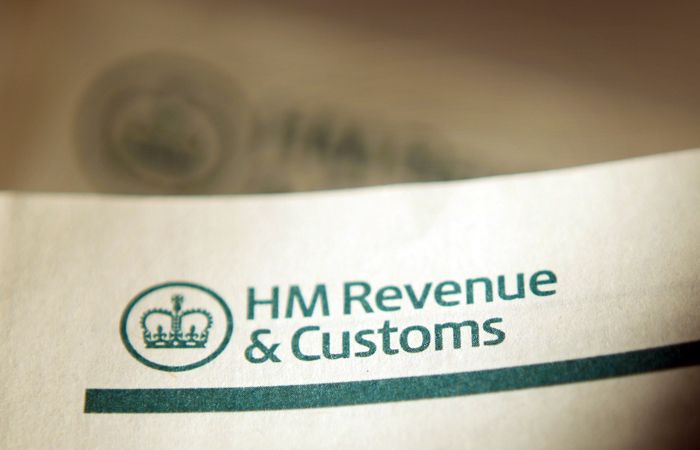
Property buyers paid £1bn in stamp duty in June, leaving the total bill for the year so far unchanged from last year at £5.4bn.
The analysis by Coventry Building Society of Office for National Statistics data, strips out stamp duty on shares to focus purely on land taxes.
The total stamp duty bill, including that paid on shares and other assets, was £500m higher than last year in the period from April to June, reaching £4.2bn.
The takings do not include the equivalent taxes in Scotland and Wales where these duties are devolved.
Coventry is calling on the new Government to take action on stamp duty to avoid distorting the property market when thresholds shift next year.
Homebuyers currently pay stamp duty if their home costs most than £250,000. In March 2025 this will drop to £125,000 – increasing the tax bill on an average-priced home in England from £2,619 to £5,119, according to Coventry.
First-time buyers currently pay stamp duty if their home costs more than £425,000, which is set to drop to £300,000 in March 2025.
Coventry’s head of intermediary relationships Jonathan Stinton says: “The new Government has been fairly mute on stamp duty so far, but silence definitely isn’t golden when it could end up costing homebuyers thousands of pounds in extra tax.
“If we don’t hear anything between now and next April those looking to buy an average-priced home will have to fork out an additional £2,500 in property tax.
“The next Budget could be as early as September, and that’s when we really want to see the new Chancellor set out an ambitious, long-term plan for property tax that will give certainty to anyone thinking of buying or selling a home.
“There are only eight months left until temporary thresholds for property tax will halve to just £125,000, leaving all but a few buyers facing bigger up-front tax bills.
“That April deadline carries a risk of property market distortion.
“Within the next few months, buyers will be increasingly likely to rush through purchases to avoid a hefty tax hike, causing a flurry of activity followed by a sharp drop after the relief has ended.
“This swell and burst effect isn’t going to help build long term stability in the market, so stamp duty should be high on the Chancellor’s priority list when preparing for the next Budget.”



